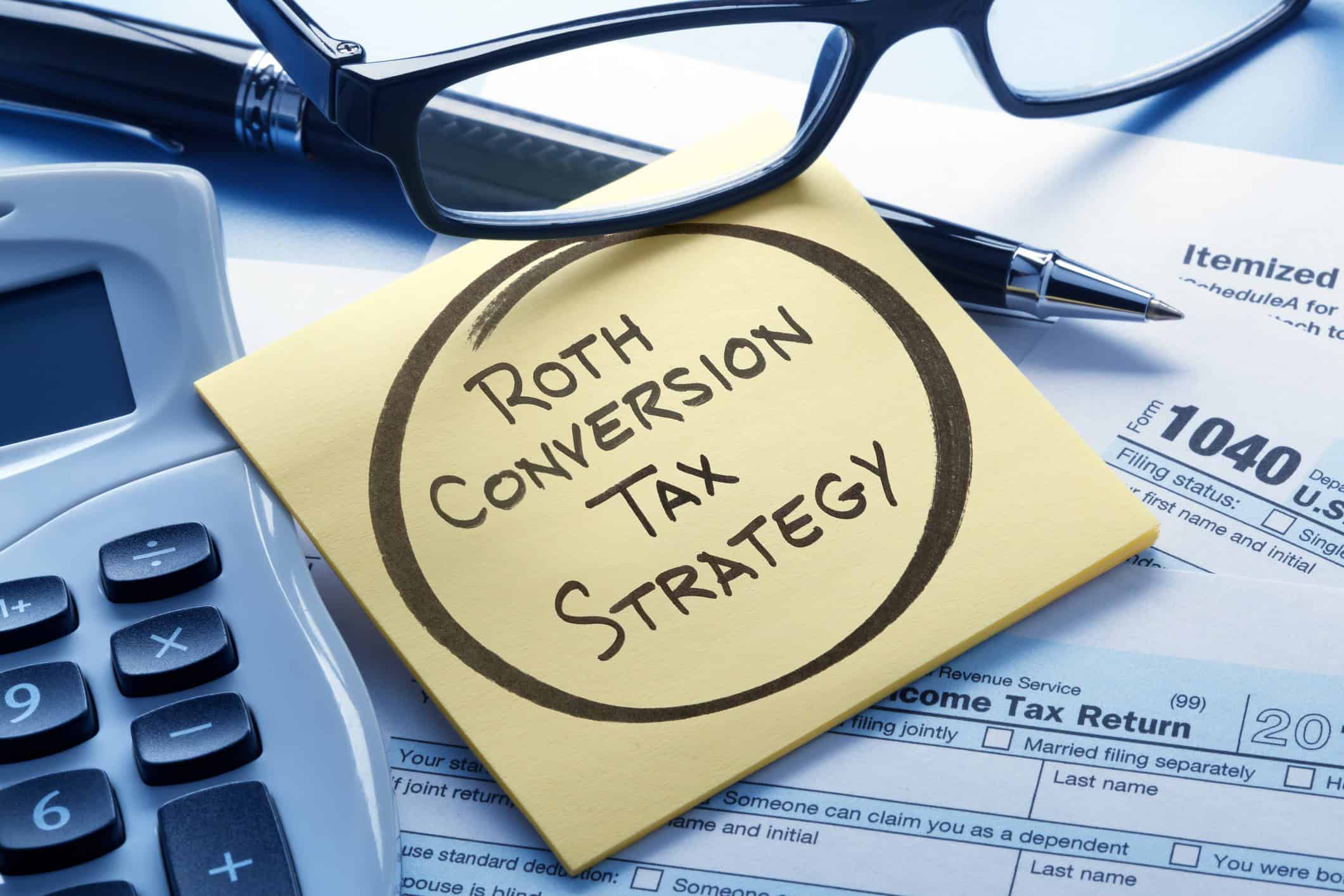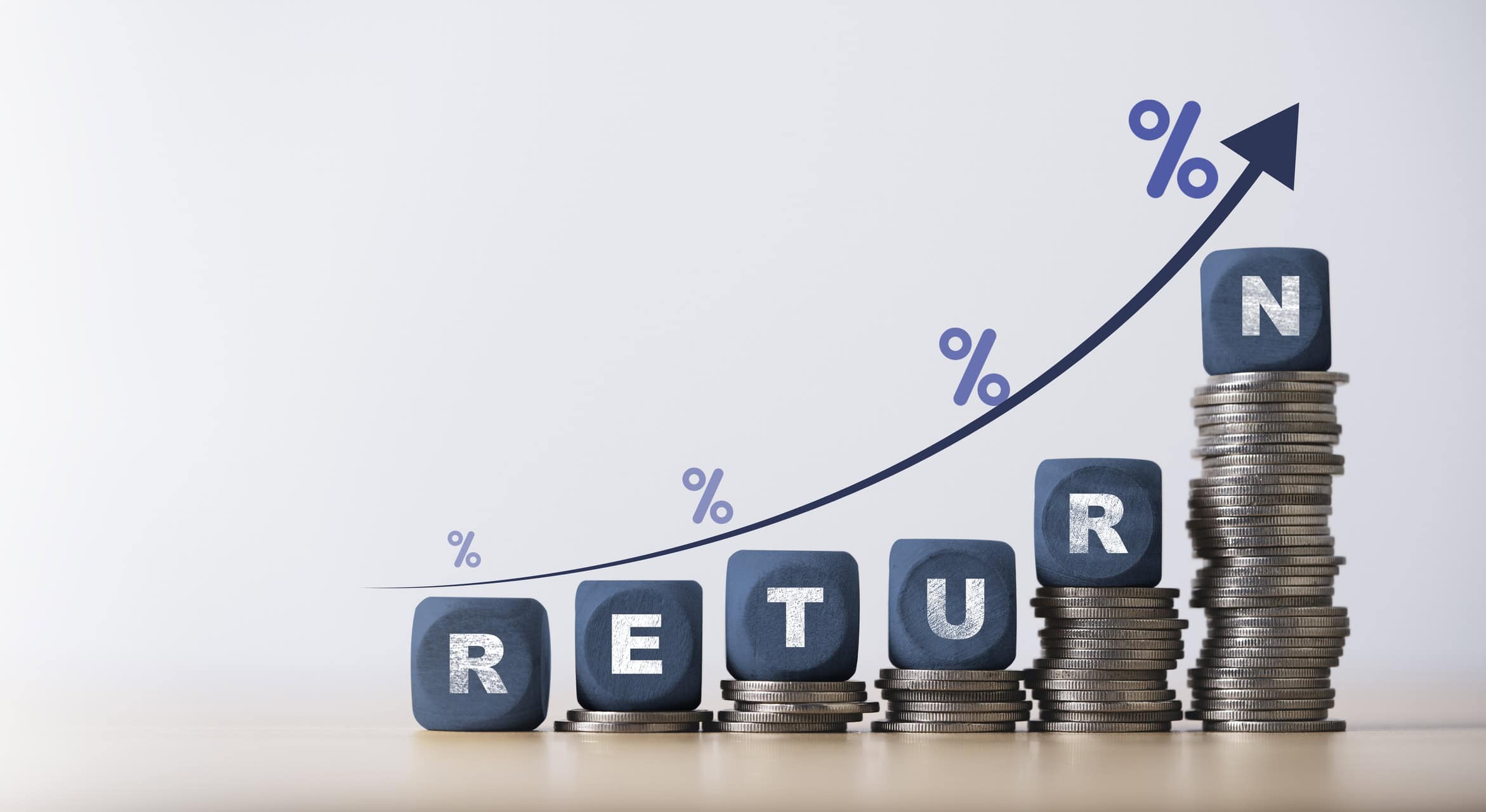
Exchange-Traded Funds
What is an Exchange-Traded Funds
Exchange-Traded Funds (ETFs) are a type of investment fund traded on stock exchanges, much like individual stocks. ETFs hold assets such as stocks, commodities, or bonds. They generally operate with an arbitrage mechanism designed to keep trading close to its net asset value. Exchange-Traded Funds offer a way for investors to diversify their portfolios without having to buy each individual asset.
ETFs combine the diversification benefits of mutual funds with the trading flexibility of stocks. This unique structure makes them an attractive option for a wide range of investors, from beginners to seasoned professionals. By holding a basket of assets, ETFs provide exposure to various segments of the market. Reducing the risk associated with investing in a single security.
How Do ETFs Work?
ETFs are designed to track the performance of a specific index, sector, commodity, or other asset. They are created and redeemed in large blocks of shares known as “creation units” by institutional investors. These investors trade the underlying assets of the ETF in exchange for shares of the ETF, and vice versa. This process helps to keep the ETF’s market price in line with the value of its underlying assets.
ETFs can be bought and sold throughout the trading day at market prices, unlike mutual funds, which are only traded at the end of the trading day at the net asset value. This intraday trading flexibility makes ETFs a popular choice among investors. Additionally, the ability to trade ETFs on margin and sell them short provides further opportunities for strategic investment.
Why Invest in ETFs?
- Diversification: ETFs provide an easy way to diversify a portfolio. By investing in an ETF, an investor gains exposure to a wide range of assets, which can help to spread risk. This diversification can reduce the impact of poor performance by any single asset, enhancing the overall stability of the investment portfolio.
- Cost-Effectiveness: ETFs often have lower expense ratios compared to mutual funds. This is because they are passively managed, tracking an index rather than trying to outperform it. Lower costs can lead to higher net returns for investors over time. Additionally, the trading costs associated with buying and selling ETFs are generally lower than those for mutual funds, making them a cost-effective option for investors.
- Liquidity: ETFs are highly liquid, meaning they can be bought and sold easily on the stock exchange. This liquidity provides flexibility for investors to enter and exit positions quickly, which can be particularly advantageous in volatile markets. The high trading volume of many ETFs ensures that there is always a ready market for buyers and sellers, minimizing the risk of price manipulation.
- Transparency: ETFs are required to disclose their holdings on a daily basis. This transparency allows investors to know exactly what assets they are investing in, which can help in making informed investment decisions. The ability to see the underlying assets of an ETF provides a level of confidence and control that is not always available with other investment vehicles.
- Tax Efficiency: ETFs are generally more tax-efficient than mutual funds. The in-kind creation and redemption process helps to minimize capital gains distributions, which can reduce the tax burden for investors. This tax efficiency is particularly beneficial for long-term investors, as it allows them to defer taxes and potentially grow their investments more effectively.
Types of Exchange-Traded Funds
- Equity ETFs: Equity ETFs invest in stocks and aim to replicate the performance of a specific stock index, such as the S&P 500. They offer exposure to a broad range of companies and sectors. Making them a popular choice for investors seeking diversified equity exposure.
- Bond ETFs: Bond ETFs invest in fixed-income securities, such as government bonds, corporate bonds, and municipal bonds. They provide investors with regular income and can be a good option for those looking to reduce portfolio volatility.
- Commodity ETFs: Commodity ETFs invest in physical commodities, such as gold, silver, oil, or agricultural products. These ETFs offer a way to gain exposure to commodity prices without having to buy and store the physical commodities themselves.
- Sector and Industry ETFs: Sector and industry ETFs focus on specific sectors or industries, such as technology, healthcare, or energy. They allow investors to target particular areas of the economy that they believe will perform well.
- International ETFs: International ETFs invest in assets outside of the investor’s home country. They provide exposure to global markets and can help to diversify a portfolio geographically.
- Thematic ETFs: Thematic ETFs focus on specific investment themes or trends, such as clean energy, artificial intelligence, or cybersecurity. These ETFs allow investors to capitalize on emerging trends and innovations.
- Inverse and Leveraged ETFs: Inverse ETFs aim to deliver the opposite performance of a specific index, while leveraged ETFs seek to amplify the returns of an index, often by a factor of two or three. These ETFs are more complex and are generally used by experienced investors for short-term trading strategies.
Conclusion
Exchange-Traded Funds offer a versatile and efficient way to invest in a wide range of assets. With their benefits of diversification, cost-effectiveness, liquidity, transparency, and tax efficiency, ETFs have become a popular choice for investors. . By understanding the different types of ETFs and how they work, investors can make informed decisions to help achieve their financial goals.
ETFs provide a powerful tool for building a diversified and resilient investment portfolio. Whether seeking broad market exposure, targeting specific sectors, or capitalizing on emerging trends, ETFs offer a flexible and cost-effective solution. As the investment landscape continues to evolve, ETFs are likely to remain a cornerstone of modern investment strategies, empowering investors to navigate the complexities of the financial markets with confidence and optimism.
Want a second opinion?
You get a second opinion when you hire a contractor or get medical advice. Why not for your investments? Schedule a session today to receive a second opinion. It’s free and without obligation.
Second OpinionAll investments involve risk, including loss of principal. Past performance does not guarantee future returns.
Looking for related insights?
We love to help educate investors, so our experts write insights, articles and content we believe you’ll find interesting and engaging. Find a topic that interests you below.
The Hennion and Walsh Experience
We provide a truly great and different investment experience you won’t find anywhere else to help you live the life you want in retirement.








